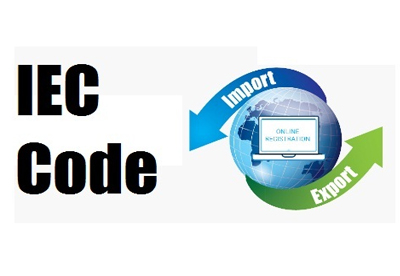Partnership Firm Registration: Start Your Business with a Strong Foundation
Starting a business with a partner? Registering a partnership firm is a smart and straightforward choice. A partnership firm allows two or more individuals to come together to run a business and share profits. The process of registering your partnership firm is simple, and it offers many benefits, including shared responsibility, tax savings, and easier access to business funds.
Get In Touch
What is a Partnership Firm?
A partnership firm is a business run by two or more individuals who share profits, responsibilities, and risks. In India, the Indian Partnership Act defines a partnership as a legal relationship where:
- Partners agree to run a business together.
- The business profits are shared among partners.
- Partners act on behalf of the business, binding the firm with their decisions.
Once these three conditions are met, the partnership becomes legally recognized.
Key Elements of a Partnership
To ensure your partnership firm is legally recognized, it must include these three essential elements:
- Agreement Between Partners: The partnership must be based on a formal agreement. This agreement should clearly define each partner’s roles, rights, and responsibilities.
- Profit Sharing: The partnership agreement should specify how the profits will be shared among the partners. This could be equal or based on agreed-upon percentages.
- Mutual Agency: Each partner has the authority to act on behalf of the business. This means decisions made by one partner are legally binding on all partners.
By registering your partnership firm, you can enjoy shared management, risk reduction, tax advantages, and access to funding.
Types of Partnerships: Choose What Works Best for You
Partnerships come in two primary types, each with its own advantages:
- Partnership at Will: This is an open-ended partnership where there is no fixed duration. It can be dissolved anytime by mutual agreement.
- Specific or Particular Partnership: This type of partnership is formed for a particular project or task (e.g., constructing a building or laying a railway track). It dissolves once the task is completed.
Make sure to clearly define the type of partnership in your agreement to avoid any future confusion.
Partnership vs LLP vs Company: Understanding the Differences
If you’re thinking about starting a business, you might also consider other structures like LLP (Limited Liability Partnership) or a Company. Here’s a quick comparison:
| Feature | Proprietorship | Partnership | LLP | Company |
| Definition | Single-person business | Agreement between partners | Hybrid model of partnership and company | Registered company with limited liability |
| Ownership | Single person | 2 to 50 partners | 2 or more designated partners | 2+ directors & shareholders |
| Liability | Unlimited | Limited | Limited | Limited |
| Registration Time | 7-9 days | Varies | Varies | Varies |
| Documents Required | GST, MSME | Partnership deed | LLP deed, Incorporation certificate | MOA, AOA, Incorporation certificate |
| Governance | None | Under Partnership Act | Under LLP Act | Under Companies Act |
| Compliance | Income tax filing | ITR-5 | Form 11, Form 8 | ITR-6, MCA filing, Auditor appointment |
| Transferability | Not transferable | Transferable with registration | Transferable | Transferable |
Benefits of Registering a Partnership Firm
- Shared Management: You and your partner share business decisions and responsibilities.
- Shared Risk: Risk is divided between partners, reducing individual exposure.
- Tax Benefits: Partnerships may enjoy certain tax advantages over other business structures.
- Access to Funding: Partnerships can access bank loans and other funding options more easily.
Conclusion: Start Your Business Journey with a Partnership Firm
Registering a partnership firm is a great way to start your business with a trusted partner. It allows you to share management responsibilities, reduce risk, and gain access to funding. Just ensure that you have a clear agreement and understand the legal requirements to protect your business and its future growth.

Startup India Tax Exemption is a government initiative providing...

One Person Company (OPC) is a type of company registration in India

LLP (Limited Liability Partnership) is a famous business

A Private Limited Company (PLC) is a famous business structure...

ISO registration online is a convenient and efficient solution for...

FSSAI Registration is mandatory for petty food manufacturers or...

Class III Digital signature (Individual) with 2 years validity and...

A section 8 company is a non-profit organization that can be...

Get DGFT IE Code to start importing and exporting from...

Registering a partnership firm is a smart move if you're planning to...

Share transfer from one person to another person or...

MSME Udyam registration online is a new process introduced by...
